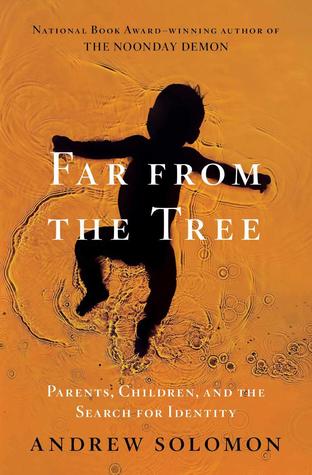More on this book
Community
Kindle Notes & Highlights
Having exceptional children exaggerates parental tendencies; those who would be bad parents become awful parents, but those who would be good parents often become extraordinary.
In the gnostic gospel of St. Thomas, Jesus says, “If you bring forth what is within you, what is within you will save you. If you do not bring forth what is within you, what is within you will destroy you.”
Disability changes the reciprocity equation; severely disabled adults may still require attention in midlife, when other grown children are attending to their own parents.
Taking care of a helpless disabled infant is similar to caring for a helpless nondisabled infant, but continuing to tend to a dependent adult requires a special valor.
Comparing women who had had that experience with women who had not, they found the caretakers had shorter telomeres—the protection at the end of a chromosome—than the control group, which meant that they were aging more rapidly at the cellular level. Taking care of disabled children causes your biological age to outpace your chronological age, which is associated with premature rheumatic conditions, heart failure, reduced immune function, and earlier death through cell senescence.
Extreme age and extreme youth are both disabilities. Faith is a disability insofar as it constrains you from self-interest; atheism is a disability inasmuch as it shields you from hope.
In Senegal, when someone is taken on as an inpatient at a mental hospital, a member of his family usually accompanies him there and stays for as long as he does. Such habits reassure psychotic people that they are permanently knitted into the social fabric.
Schizophrenia cannot be cured with encouragement and love alone, but it can be hugely exacerbated by neglect.


